By Modupe Adegboro
Hon. Mamman Nda Eri, Chairman of the Kogi State Independent Electoral Commission (KOSIEC) and the Forum of State Independent Electoral Commissions of Nigeria (FOSIECON), has taken center stage in championing a major electoral reform in Kogi State.
On July 14, 2025, he presented the Local Government Electoral Bill 2025 during a public hearing before the Kogi State Joint committee on Special Duties,
Legislative Compliance, Government House Administration, Governor’s Office and Judiciary.
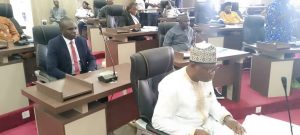
The proposed legislation aims to repeal the outdated 2004 Local Government Electoral Law and replace it with a modern framework. It is designed to align with the 2022 Electoral Act, constitutional provisions, and a recent Supreme Court ruling.
In a landmark judgment, the Supreme Court condemned the use of Caretaker Committees in place of elected local councils. The court declared the practice unconstitutional and a violation of the 1999 Constitution.
Hon. Mamman Nda Eri stated that the 2004 law no longer meets the current democratic expectations of transparency, efficiency, and inclusiveness. He emphasized that the new bill will restore electoral integrity across local government elections in the state.
The 2025 bill outlines several reforms including the establishment of clear election timelines and the full independence of KOSIEC. It also proposes stronger voter education, improved candidate nomination processes, and enhanced political participation.
Additionally, the bill promotes inclusivity by encouraging the involvement of women, youth, and persons with disabilities in the electoral process. It also recommends the introduction of election technologies to boost transparency and public confidence.
A key feature of the bill is the clear interpretation and demand for a minimum of 360-day notice before the end of any local government tenure. This is aimed at ensuring adequate preparation and avoiding illegal appointments of caretaker administrators.
Hon. Eri described the bill as a historic milestone for democratic governance in Kogi State. He called on the House of Assembly to act swiftly and engage stakeholders to ensure participatory lawmaking.
If passed, the bill is expected to transform local governance in Kogi State. It will enhance public trust, improve service delivery, and strengthen community development through timely, free, and fair local elections.
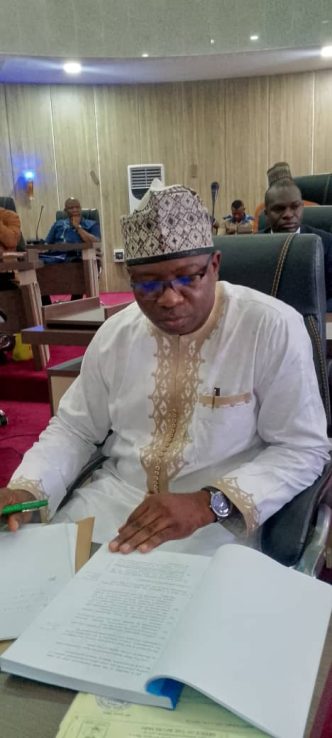
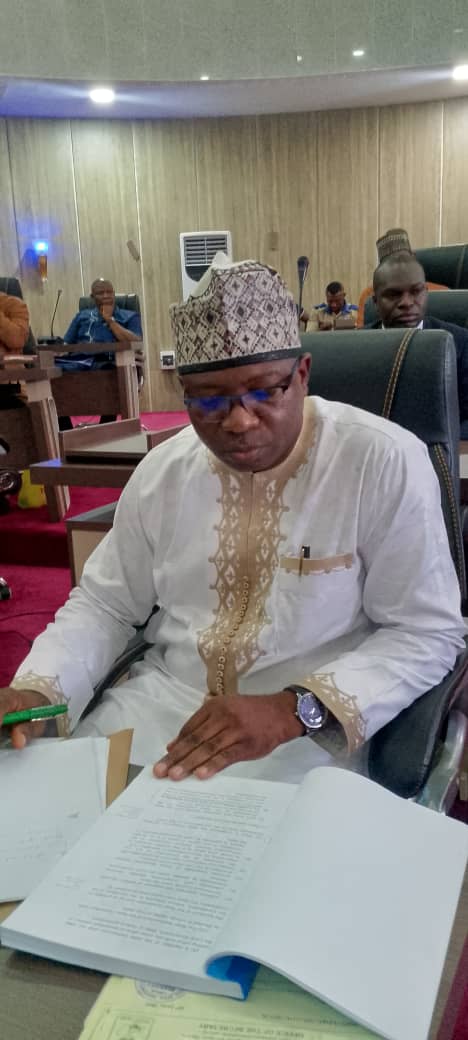



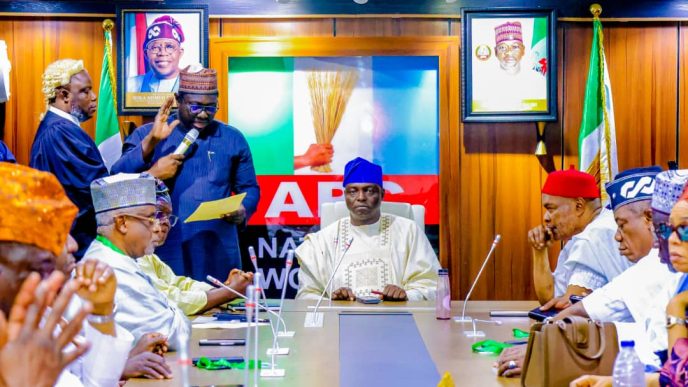

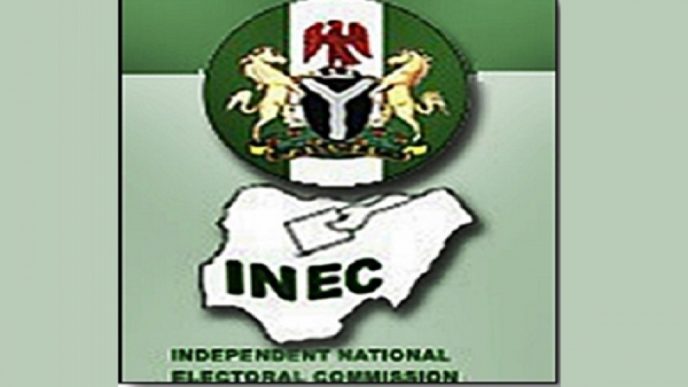
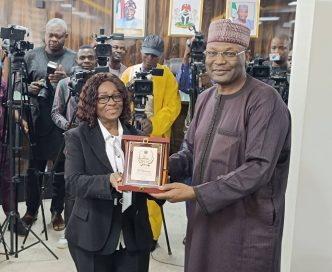
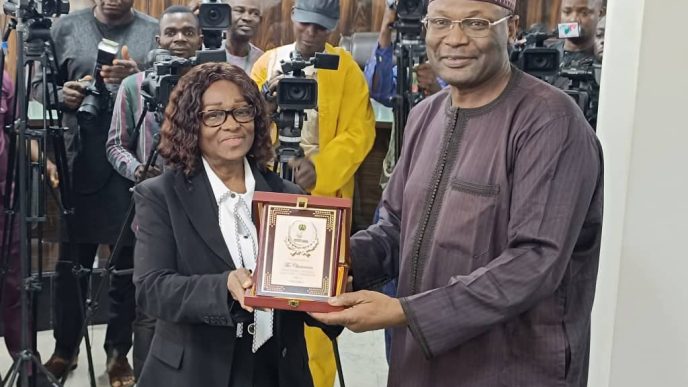
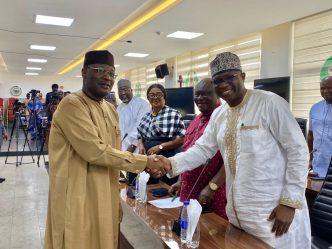
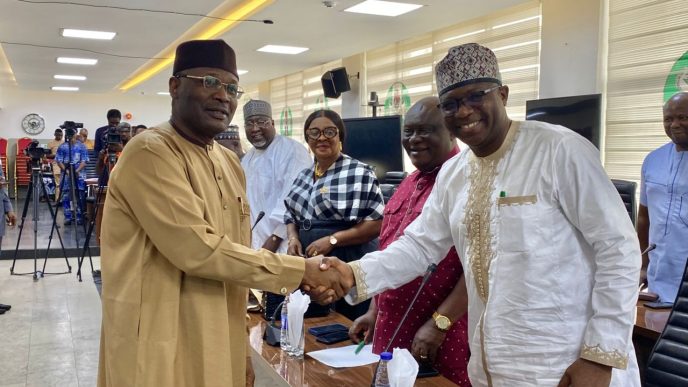

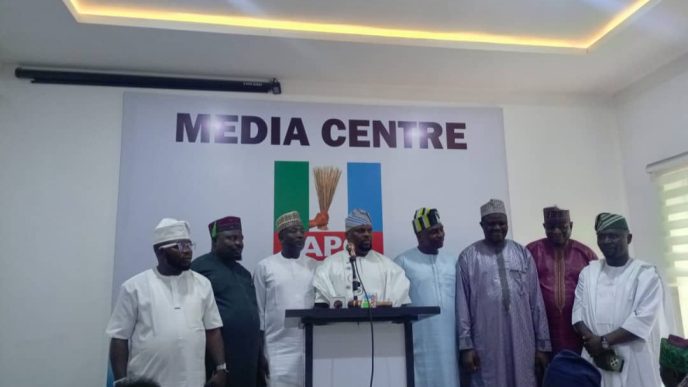
GIPHY App Key not set. Please check settings